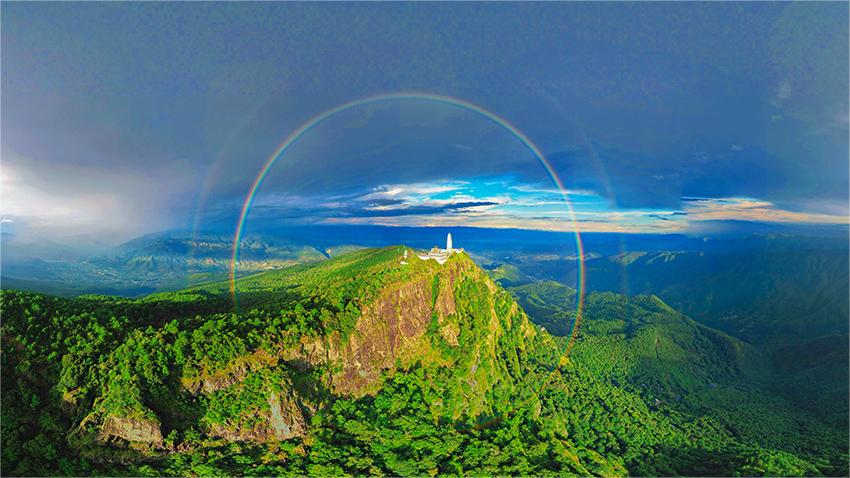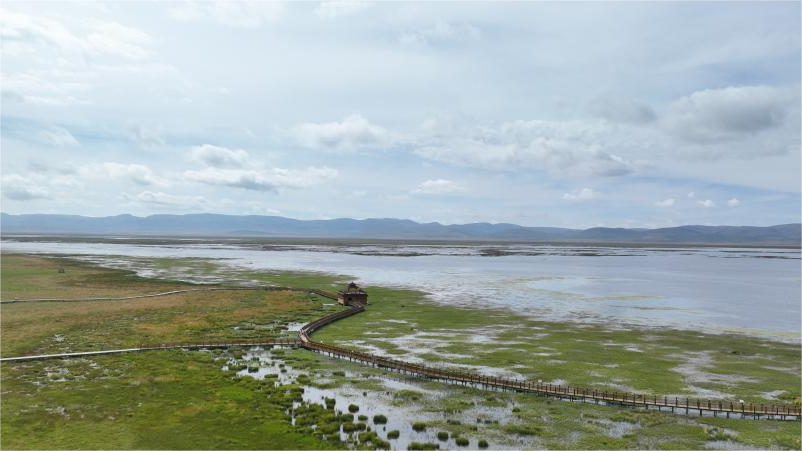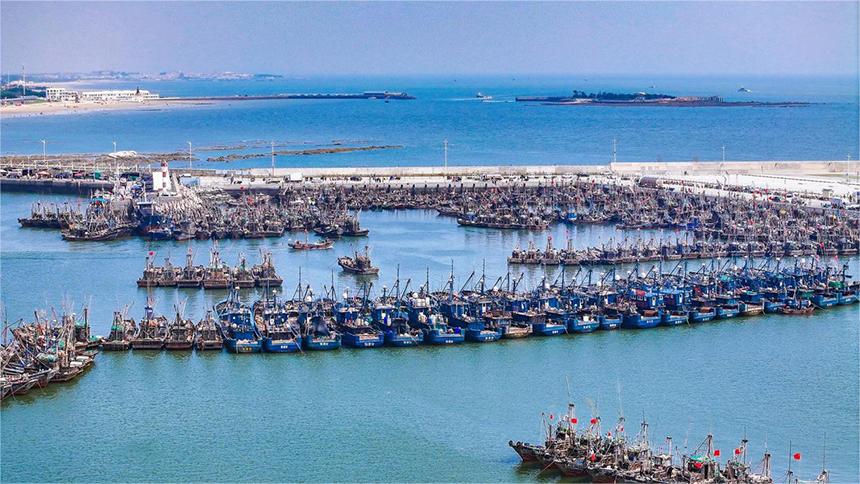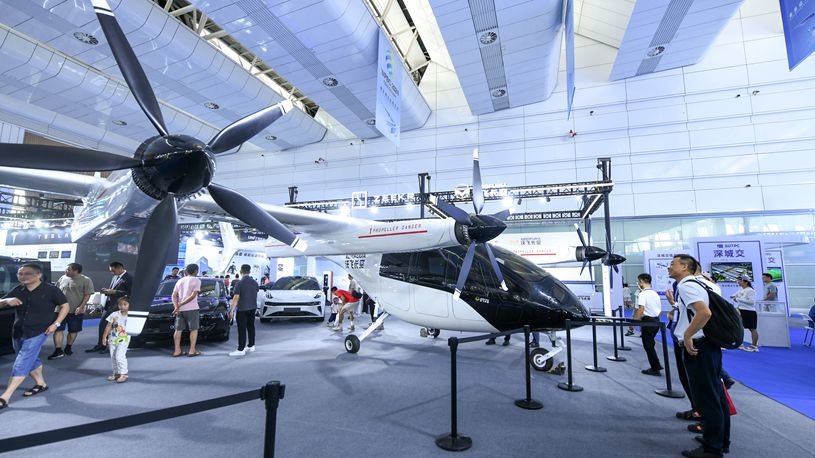Feature: Former TAZARA railway construction worker reminisces about old days working with Chinese experts
DAR ES SALAAM, Sept. 6 (Xinhua) -- Pacing the boarding platform of the Tanzania-Zambia Railway Authority (TAZARA) passenger trains at Dar es Salaam Station, 70-year-old Tanzanian Donatus Ngonyani felt great nostalgia for the old days working with Chinese experts and colleagues.
Ngonyani, a former TAZARA railway construction worker, recalled the bustling platform 48 years ago when TAZARA launched the commercial operations of the Tanzania-Zambia Railway connecting Dar es Salaam in Tanzania to New Kapiri Mposhi in Zambia in 1976.
"Those were the days when our Chinese friends taught us about the construction of the TAZARA railway. Those were glory days that will be indelible in my memory during my lifetime," said Ngonyani.
A father of three and grandfather of six, Ngonyani shared in a recent interview with Xinhua that he joined TAZARA in 1971 after leaving his plumbing job with an Indian company.
TAZARA, also known as the "Uhuru Railway" or "Independent Railway," is a 1,860 km single-track railway constructed between 1970 and 1975 as a turnkey project through an interest-free loan from China. Commercial operations of the railway began in July 1976.
Ngonyani, who had known nothing about railway construction, vividly recalled his journey of learning from the Chinese experts.
"At first, I was just a novice with no understanding of how to build a railway," he said, referring to the Chinese experts as not merely supervisors but also teachers, who demonstrated the process step by step, patiently guiding Ngonyani and his fellow Tanzanians through each intricate detail of laying down the rail tracks.
"They would take our hands and show us how to handle the tools, measure the distances between the rails, and ensure that everything was perfectly aligned," Ngonyani said, his eyes gleaming with the fond memory. "They didn't just give orders from a distance, they worked alongside us, sharing their knowledge generously."
As construction progressed, Ngonyani's curiosity and eagerness to learn caught the attention of the Chinese supervisors, who, recognizing his potential, trained him as a locomotive driver.
"It was an intense period of training," Ngonyani recalled. "They taught me everything, from the mechanics of the locomotive to the art of controlling its speed and navigating the tracks safely. They were meticulous in their teaching, ensuring I understood every aspect of the job."
The camaraderie forged on the worksite was not just about building a railway but also about building lasting relationships and mutual respect that transcended cultural boundaries.
What stood out most to Ngonyani was the genuine care the Chinese experts showed toward their Tanzanian colleagues.
"Our Chinese supervisors trained us from the bottom of their hearts," he said with pride. "They were selfless, and I became a qualified locomotive driver within a short period."
During the construction of the TAZARA railway, an ever-closer bond had developed between the Chinese experts and Tanzanian workers.
"We ate the same food, stayed in the same camps, and shared our lives together. We learned a lot from them," Ngonyani reminisced.
Photos
Related Stories
- Summit draws roadmap for China-Africa joint efforts in modernization drive
- Nigerian journalist: "China is a true friend"
- Chinese premier urges higher-level China-Africa economic, trade cooperation
- Bank of China plays important role in strengthening Sino-African relations
- China-Equatorial Guinea ties bloom at primary school in SW China's Yunnan
- Feature: Connecting continents: Journeys of African scholars foster China-Africa communication
- China's new energy products popular in Africa
- China-Africa partnership main pillar of South-South cooperation: UN chief
Copyright © 2024 People's Daily Online. All Rights Reserved.









